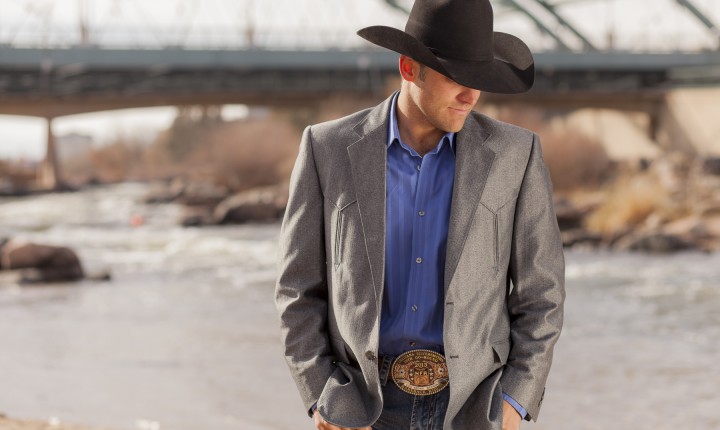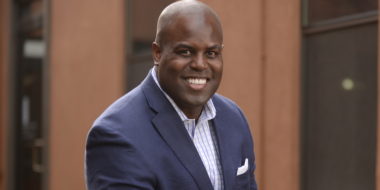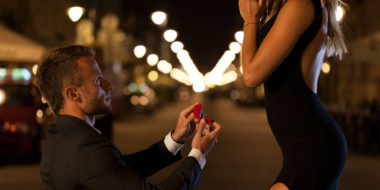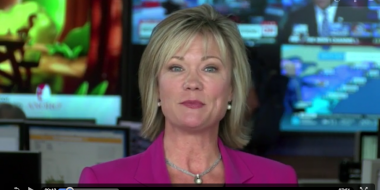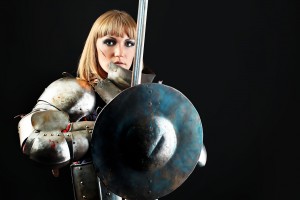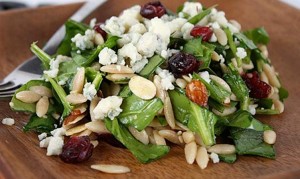2015 is going to be a critical year for award-winning rodeo bareback rider Casey Colletti.
This tough Pueblo, Colorado cowboy was ranked ninth in the world in Bareback Riding on the rodeo circuit, and in 2014 was champion at five major highlight events.
But the years riding bucking horses have culminated with a serious injury to his spine. An MRI in December 2014 revealed the injury isn’t improving.
What does it mean?
For now, Colletti is following doctor’s orders and can’t participate in rodeo events. To do so would be to risk becoming paralyzed. While this is frightening news, Colletti’s attitude regarding his injury, his life, and his career in rodeo (and outside of it) is something to honor. We at Modern Gladiator believe his optimism and wisdom are an example to follow and are well beyond his 29 years.

MG: You’re on hold now for rodeo in 2015. Talk about your injury and what you’re thinking now.
CC: Negativity is not an option. I might get upset, but positivity is key to success. I’ve been competing in bareback riding since 2005 but I never look back. I always want to do everything better than the last time I did it…. But listen, I always try to figure out new, different ways to do things and look further than what’s ahead right now. If they told me I couldn’t rodeo ever again, I look into other opportunities. It never hurts to look or find something else. I don’t like passing up opportunities that could possibly be something. The rodeo opened my eyes quite a bit. When they tell you can’t do something you love to do, you have to find something else you love to do, change your attitude, and change momentum from this way to this way and change to go in a way you want to go. I love hunting, and this injury means I’ve had to time to go hunting a lot more, so I see the positive in everything.
MG: Sounds like rodeo has a lot of teachings and takeaways you appreciate. What are they?
CC: Rodeo gives me discipline. I learned to be strong-hearted; I can’t be weak hearted. You know, we pay an entry fee to every single rodeo we go to compete, so if we don’t win, we don’t get paid back. It’s a drive to win money but even more importantly, you’re betting on yourself. It is me competing against the horse because if you don’t ride the horse well, it doesn’t matter.

Photo Credit: Fred McClanahan, Jr.
MG: Do you look at the leaderboard or does it psych you out before a ride in the finals?
CC: I like to know the leaderboard, to look and say who’s doing what, that’s cool. I’m friends with all the bareback riders. All good buddies, I know their families, competitors, and good friends. It doesn’t psych me out; it fires me up.
MG: Getting fired up is good—how do you channel that into positive thought and action?
CC: I’m fired up but I don’t worry—that’s the key. Remember, what’s meant to be is meant to be. You have to let go. If you’re supposed to win, you’re supposed to win. Now, that’s not to say you shouldn’t try—if you don’t try you’ll never know.
But remember, it’s out of your hands. Letting go is almost freeing. I heard something one time and I subscribe to it. It’s called “The Three F’s”—figure it out, fix it, and forget about it.

MG: Talk about your top victories in the sport. This past year was really good for you.
CC: Yes, the ones that stick out include the first year at the National Finals Rodeo I made, then won Prescott, Arizona, one of the oldest rodeos in America. I won the Cheyenne Frontier Days in Wyoming, and that was huge for me. I want to win the bareback riding world title—the Gold Buckle, which is every cowboy’s dream. And I would like to win at the Stock Show in Denver.
MG: Your dad was a bareback rider for years and you grew up on a farm in Pueblo. Any other reason for choosing bareback riding instead of another event within rodeo?
CC: I was sixteen for my first time on a bareback horse. It’s totally different than riding a bull. My dad had all the equipment, so I thought, “Well, this is cheaper for me to try this instead,” and he taught me everything. A bucking horse is more athletic and agile than a bull and they jump higher and farther. Competitors need core strength and balance, as well as more flexibility and stamina.
MG: You have a degree in farm and ranch management and animal science. How are you using that now when not competing?
CC: I just bought a house in June with eighteen acres and have been trying to build up my own cowherd.

MG: Modern Gladiator is all about living your best life. What advice can you give readers?
CC: Just live your life. One of my good buddies made the NFR this year, and I told him, “Man, don’t take nothing for granted. You think you’ll be back to the NFR next year but you may not be.” So be excited, live in the moment, live right now. For me, I’m 29 and have determined I want to decide when my career in rodeo ends, not have someone tell me it’s over. But in the meantime, I’m just living and I’m happy.


